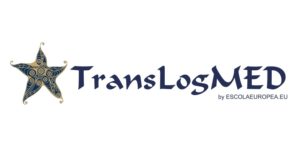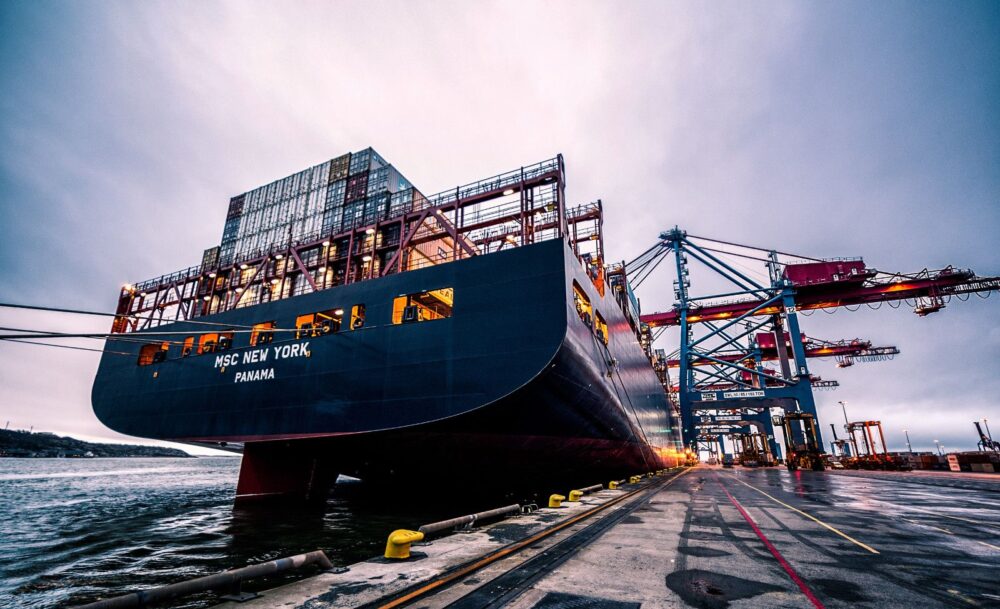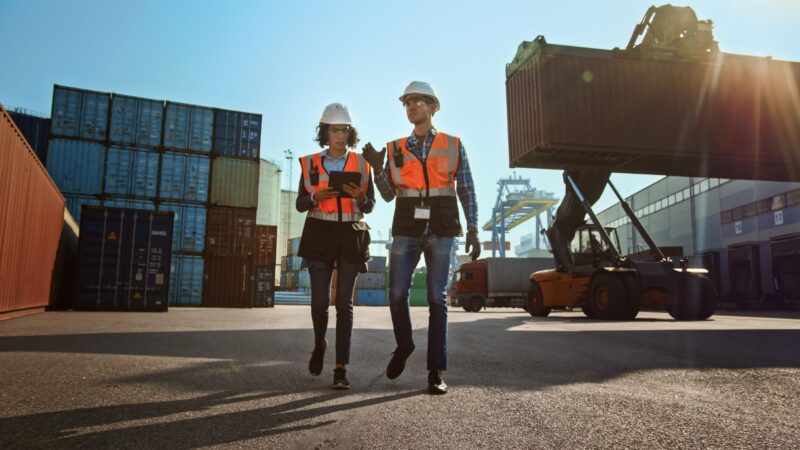The importance of digitalisation
In the region where TransLogMED is taking place,
the importance of logistics digitalisation is prime. Digital solutions are a key part to ensure that this project works fluidly in the exchange of both information and documents.
The development of procedures for goods to pass through all the agents involved in maritime logistics is one of the issues that has to be resolved and streamlined. “It doesn’t make much sense to have very quick services when the lorry takes three days to get through Customs”, says Rodés, who adds that the
SafeSeaNet, the network created by the EU that tracks all the maritime systems within the European coasts, is a good start. This digital system allows Customs matters to be much more efficient.
A digital revolution is also underway in document exchange processes, especially in Europe, just as it is with digital systems for ship entry and admission. Specifically, right now the southern Mediterranean countries are developing one-stop solutions to streamline Customs operations.
Natural gas as a maritime fuel
One of the most valuable features of
intermodal transport is sustainability. In this sense, the energy transition is a must. Thus, natural gas will be one of the basic fuel sources in the maritime sector in the forthcoming years, and both ports and shipping companies are getting ready for it.
“There’s a lot of innovation in this direction, such as hybrid ships.
Grimaldi is planning ships which will get energy from lithium batteries they carry onboard while docked in the port. In
Port of Barcelona, a liquefied natural gas (LNG) engine has been developed which provides energy to ferries from the wharf”, states the director of the European School.
In the future, alternative fuels like LNG and new energy solutions will contribute to making the motorways of the sea an even more sustainable means of transport.

 Several Mediterranean ports, like Rome, pictured here, take part in this project. [Image of Albin Berlin]
Several Mediterranean ports, like Rome, pictured here, take part in this project. [Image of Albin Berlin]
 Several Mediterranean ports, like Rome, pictured here, take part in this project. [Image of Albin Berlin]
Several Mediterranean ports, like Rome, pictured here, take part in this project. [Image of Albin Berlin]



![La visibilidad de los puertos del sur de Europa, como el de Génova, en la imagen, forma parte de los objetivos del proyecto. [Imagen de Francesco Boncompagni]](https://piernext.portdebarcelona.cat/wp-content/uploads/2018/09/portofgenova.jpeg)




